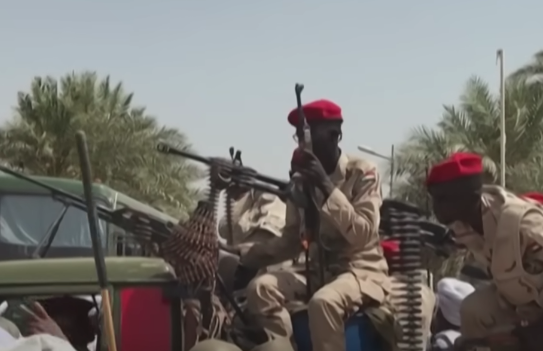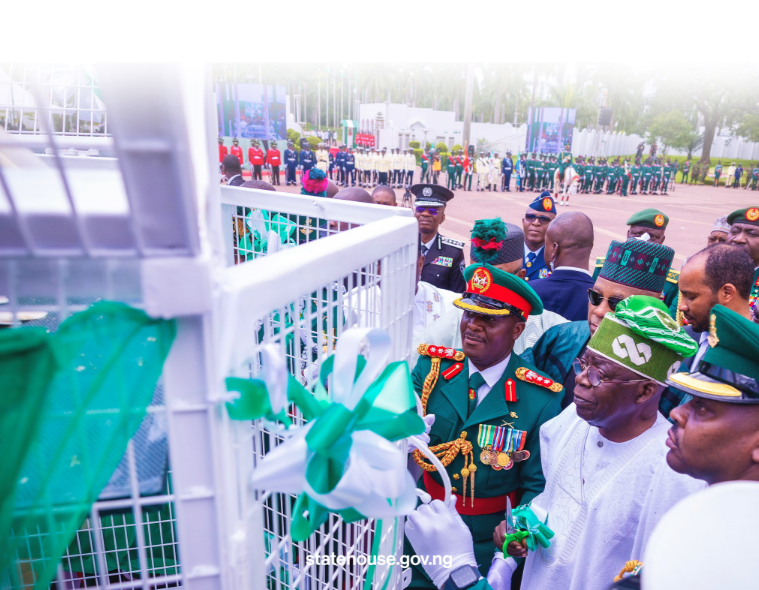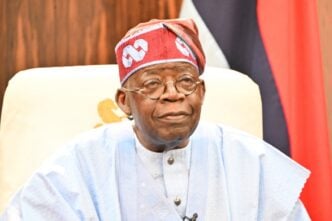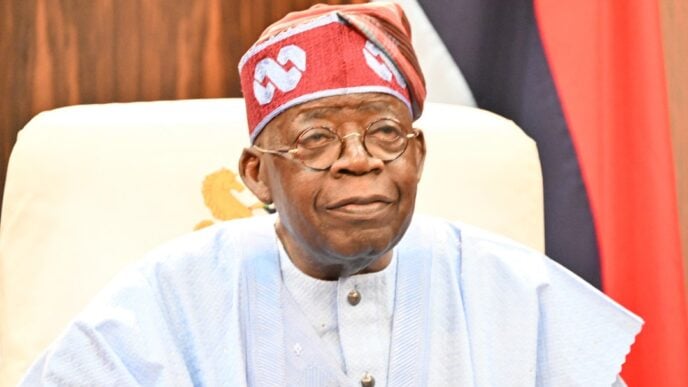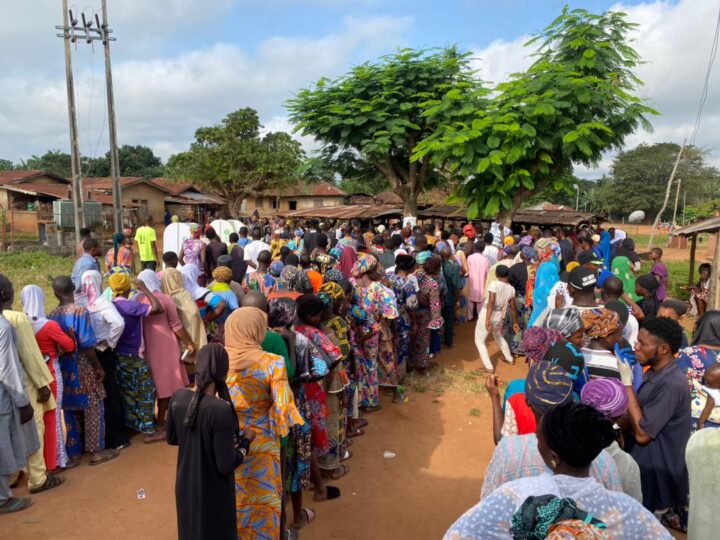BY AGUMANU JULIET CHIAMAKA
The civil war in Sudan, which broke out in April 2023, has become one of the most devastating crises of the 21st century. What began as a power struggle between two generals — Abdel Fattah al-Burhan of the Sudanese Armed Forces (SAF) and Mohamed Hamdan “Hemedti” Dagalo of the Rapid Support Forces (RSF) — has spiraled into a humanitarian catastrophe with far-reaching regional and global consequences.
More than 150,000 people have been killed and nearly 14 million displaced, making Sudan the site of the world’s worst displacement crisis. Entire towns lie in ruins, famine is widespread, and as the war enters its third year, it has hardened into a deadly stalemate with no end in sight.
Sudan’s history helps explain its present turmoil. Once ruled jointly by Egypt and Britain until independence in 1956, the country was long destabilised by divisions between the wealthier Arab-dominated north and the marginalised south, culminating in two civil wars and the eventual secession of South Sudan in 2011.
Advertisement
Militarism deepened in 1989 when Omar al-Bashir seized power in a coup, ruling with authoritarianism, sharia-based governance, and violent suppression. His regime unleashed the Janjaweed militias in Darfur, later transformed into the RSF under Hemedti, now a central figure in the current conflict. Bashir’s ouster in 2019 raised hopes for democracy, but the fragile civilian-military transitional government collapsed in 2021 after another coup by Burhan and Hemedti, setting the stage for their eventual showdown.
The war erupted on April 15, 2023, when fighting broke out in Khartoum. The RSF quickly captured much of the capital and Darfur, while the army regrouped in Port Sudan and other strongholds. The SAF, backed by Egypt, Turkey, Qatar, and Iran, has since reclaimed parts of Khartoum, including the Republican Palace in March 2025, while the RSF consolidated its grip on Darfur and border areas with alleged support from the UAE and Libyan warlord Khalifa Haftar. Both sides have committed atrocities. In Darfur, RSF fighters stand accused of ethnic cleansing against non-Arab groups, with the United States recognising these acts as genocide. The UN has also documented war crimes on both sides.
The human toll is staggering. The UN estimates that more than 30 million people now require humanitarian aid. Famine has hit hardest in Darfur and Kordofan, while refugee camps in Chad, Ethiopia, and South Sudan are overwhelmed. With 80% of food kitchens shut down and hospitals destroyed, humanitarian agencies warn the crisis could soon become the world’s worst hunger emergency. Yet, international support is dwindling, and Sudan’s war is increasingly described as “the forgotten crisis”.
Advertisement
Beyond its borders, Sudan’s war is reshaping geopolitics. Egypt fears instability along the Nile; Gulf states are accused of backing proxies to secure gold and influence, and neighbours like Chad and South Sudan face the burden of refugees.
In February 2025, the RSF even announced a parallel government in Nairobi, fueling fears of another partition just 14 years after South Sudan’s independence. Peace talks in Saudi-Arabia, Bahrain, and elsewhere have collapsed, with neither general willing to compromise. Analysts now describe the conflict as a “strategic stalemate”.
Sudan’s war may appear distant, but its ripple effects are global — destabilising fragile neighbours, fueling arms smuggling and extremist recruitment, and threatening Red Sea trade routes vital for international commerce. Above all, the conflict underscores a troubling double standard: while wars elsewhere dominate headlines and aid, Sudan’s catastrophe remains sidelined despite being the world’s largest humanitarian crisis.
Ending Sudan’s war will not be easy, but it is not impossible. Renewed diplomatic pressure, sustained humanitarian aid, and genuine support for civilian political movements could lay the foundation for peace. The international community must not abandon Sudan, for its fate carries implications not only for Africa but for global peace and stability.
Advertisement
Agumanu Juilet Chiamaka is a graduate of history and international studies from Imo State University and a serving corps member at the Institute for Peace and Conflict Resolution (IPCR), Abuja. She can be reached via: [email protected].
Views expressed by contributors are strictly personal and not of TheCable.
